Australia has long been known for its unique wildlife, and among its most iconic animals is the kangaroo. Despite being a national symbol, kangaroos are also a source of meat, which the Australian government and various industry bodies have tried to promote as a sustainable and healthy alternative to traditional livestock. However, despite these efforts, consumer resistance remains strong, both domestically and internationally.
The push to commercialize kangaroo meat is not new. For decades, proponents have argued that kangaroos are an environmentally friendly protein source. Unlike cattle or sheep, kangaroos produce less methane, require less water, and do not contribute to land degradation in the same way as hoofed livestock. Additionally, with kangaroo populations often exceeding sustainable levels in certain regions, culling is already a routine practice to manage ecological balance. Advocates suggest that utilizing this meat makes ethical and ecological sense.
Yet, despite the logical arguments in favor of kangaroo meat, many consumers remain reluctant to embrace it. One of the primary barriers is cultural perception. Kangaroos are deeply ingrained in Australia’s national identity, appearing on the country’s coat of arms, currency, and even in the logos of major organizations. For many Australians, the idea of eating kangaroo meat feels akin to consuming a national emblem—an emotional hurdle that is difficult to overcome.
International markets have proven equally resistant. While Australia exports kangaroo meat to over 60 countries, including significant markets like Russia and parts of Europe, it has struggled to gain widespread acceptance. In some regions, the meat is viewed as exotic or even taboo, while in others, concerns over hygiene and ethical sourcing have dampened demand. Even in countries where game meat is commonly consumed, kangaroo has not achieved the same level of popularity as venison or wild boar.
Another major challenge is the inconsistency in supply and quality. Unlike beef or chicken, which come from tightly controlled farming systems, kangaroo meat is sourced from wild populations. This means that factors like seasonal availability, hunting regulations, and processing standards can vary, leading to fluctuations in both quantity and quality. For retailers and restaurants, this unpredictability makes kangaroo meat a less reliable product to stock, further limiting its market penetration.
Animal welfare concerns also play a significant role in consumer hesitation. While kangaroo harvesting is regulated, animal rights groups have raised alarms about the methods used in culling, particularly the ethical implications of shooting wild animals. Graphic footage and campaigns by activists have shaped public opinion, casting doubt on the industry’s claims of humane practices. Even when regulations are followed, the perception of cruelty persists, making it difficult for kangaroo meat to shake off its controversial reputation.
Efforts to rebrand kangaroo meat have seen mixed results. Some producers have attempted to market it as a gourmet or specialty product, emphasizing its lean, high-protein qualities. Chefs in high-end restaurants have experimented with kangaroo steaks and burgers, hoping to shift perceptions by associating the meat with fine dining. However, these initiatives have largely remained niche, failing to translate into mainstream acceptance.
The domestic market, in particular, remains lukewarm. Despite promotional campaigns highlighting kangaroo meat’s nutritional benefits—low fat, high iron, and rich in omega-3s—Australians have been slow to incorporate it into their regular diets. Supermarkets often stock it alongside other meats, but sales remain modest. For many, the unfamiliar taste and texture are additional deterrents, with some describing the meat as gamey or tough compared to more conventional options like beef or lamb.
Export challenges further complicate the industry’s prospects. Trade barriers, such as import restrictions in key markets like the United States, have limited growth opportunities. Even when regulatory hurdles are cleared, consumer skepticism often stifles demand. In some cases, negative media coverage—ranging from food safety scares to ethical debates—has led to sudden drops in international orders, leaving producers vulnerable to market volatility.
Despite these obstacles, the kangaroo meat industry continues to search for ways to broaden its appeal. Some suggest that a generational shift in attitudes may eventually ease resistance, as younger consumers become more open to alternative proteins. Others argue that stronger regulation and transparency in sourcing could help address ethical concerns. However, for now, the gap between the industry’s ambitions and consumer acceptance remains wide.
Ultimately, the story of kangaroo meat reflects a broader tension between sustainability and cultural values. While the arguments for its consumption are compelling from an environmental standpoint, deeply rooted perceptions and emotional connections prove difficult to override. Until these barriers are addressed, kangaroo meat is likely to remain a divisive and underutilized resource, despite its potential benefits.

By Amanda Phillips/Apr 10, 2025
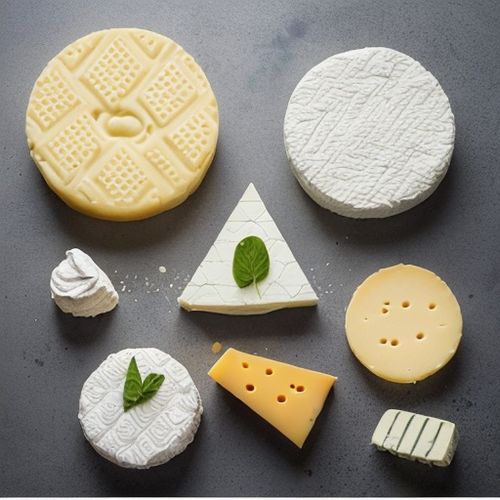
By Rebecca Stewart/Apr 10, 2025
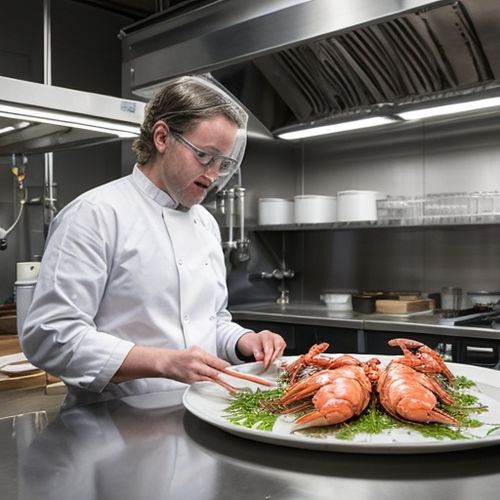
By Emma Thompson/Apr 10, 2025
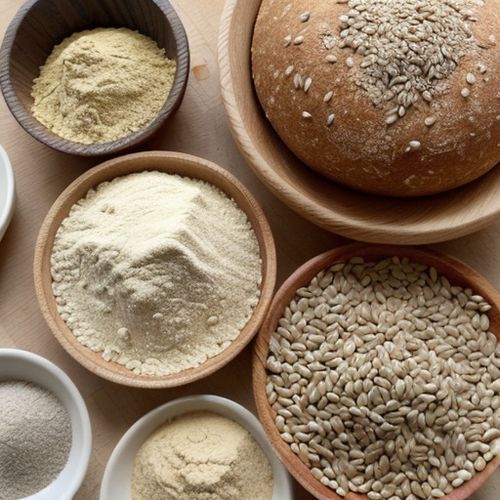
By James Moore/Apr 10, 2025

By Samuel Cooper/Apr 10, 2025

By Elizabeth Taylor/Apr 10, 2025

By Rebecca Stewart/Apr 10, 2025
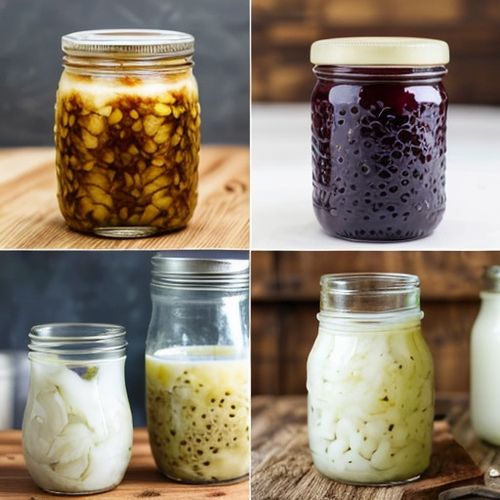
By John Smith/Apr 10, 2025
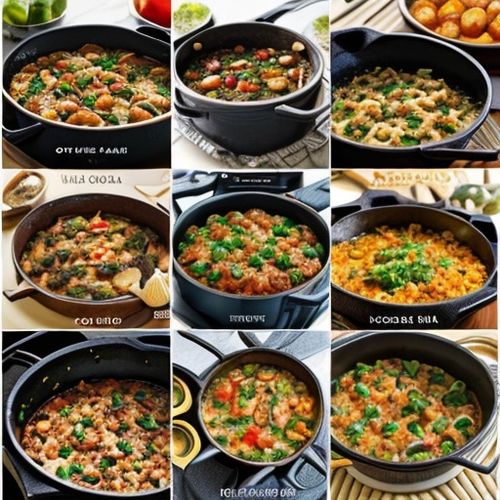
By Michael Brown/Apr 10, 2025
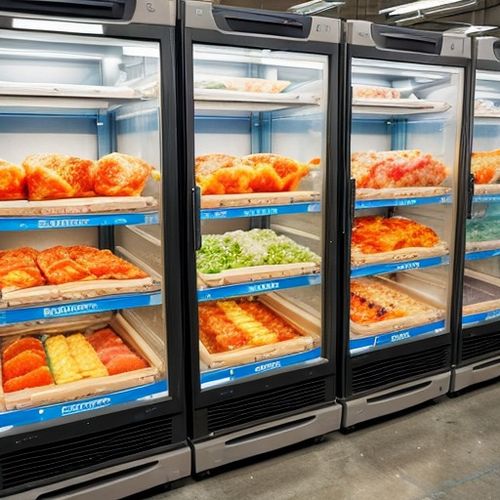
By Emma Thompson/Apr 10, 2025
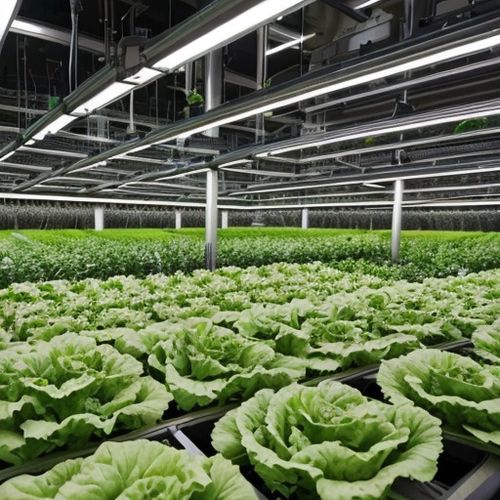
By Elizabeth Taylor/Apr 9, 2025

By Christopher Harris/Apr 9, 2025

By David Anderson/Apr 9, 2025

By Joshua Howard/Apr 9, 2025

By Emily Johnson/Apr 9, 2025

By John Smith/Apr 9, 2025
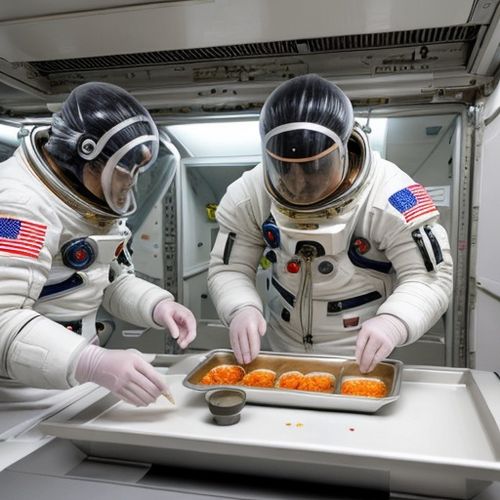
By Lily Simpson/Apr 9, 2025
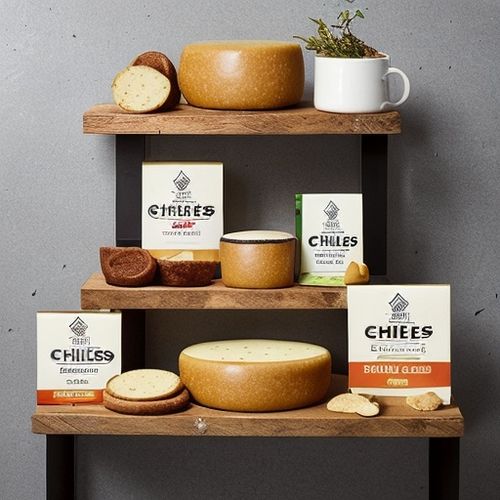
By Lily Simpson/Apr 9, 2025